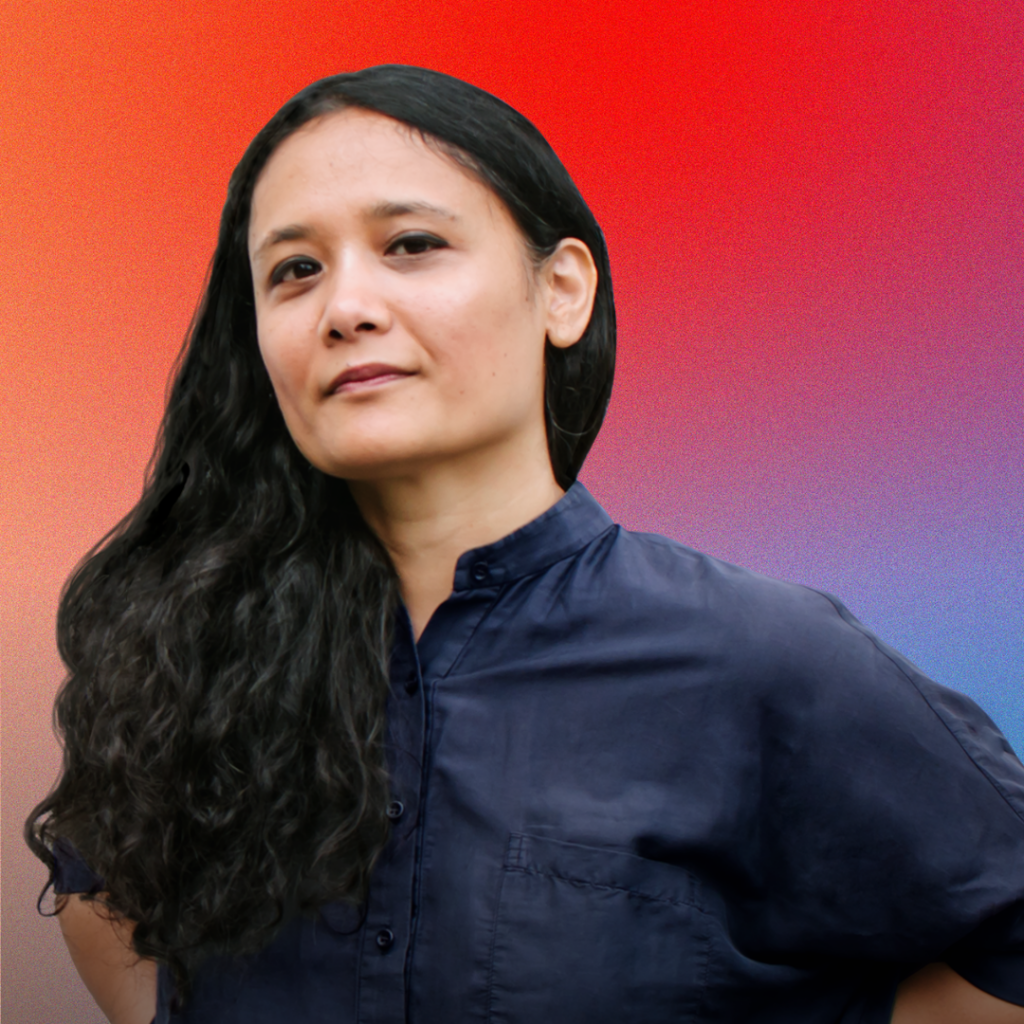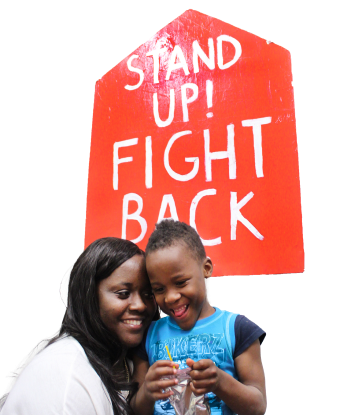
Sarahana Shrestha
Sarahana was born in Kathmandu, Nepal. She grew up during a historic uprising for democracy in the country, where extreme poverty, systemic injustices, and the strength of collective action left a mark on her at an early age. In 2001, she moved to New York to continue her education, and has called it home ever since.
Like many immigrants, Sarahana found it difficult living in a new country at a turbulent time. She found her bearings within her community — among those who believed in a world of peace, sustainability, and camaraderie that keeps everyone safe and nourished.
In 2018, Sarahana felt an increasing urgency to do more for her community in the Hudson Valley, so she dedicated herself to organizing for improved healthcare and bold action against climate change. A year later, she became an American citizen, ready to continue fighting for those who have given her so much.
Sarahana knows that a future for the many is possible, but our path to progress is being blocked by the status quo in Albany — one that chooses corporations and their wealthy friends over our families. We have the power to change that.
We need new, fearless energy in Albany, someone who will fight for the future we need.
Sarahana has a bold vision for a better Hudson Valley. She wants to invest in social and care infrastructure, creating a society that guarantees stability to working families, especially during a crisis. She’s fighting to bring green union jobs to our counties, democratize our energy systems to make utilities more affordable, and put decision-making power back in the hands of our communities, not billionaire developers.
Sarahana lives in Esopus with her husband, their dog Seaweed and several free-spirited chickens. She is the Ulster County co-chair for the Mid-Hudson Valley chapter of Democratic Socialists of America, helping to organize efforts for healthcare, housing, and the environment. She is also a lead campaigner with the statewide Public Power NY coalition, where she organizes to ensure that the inevitable green transition must be the kind that strengthens democracy and empowers communities instead of enriching private developers.

